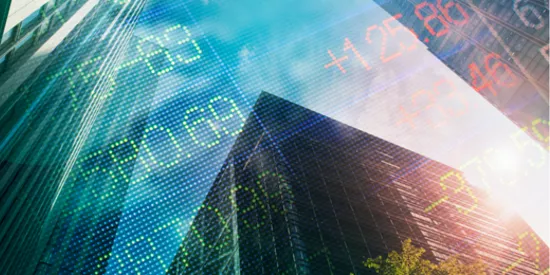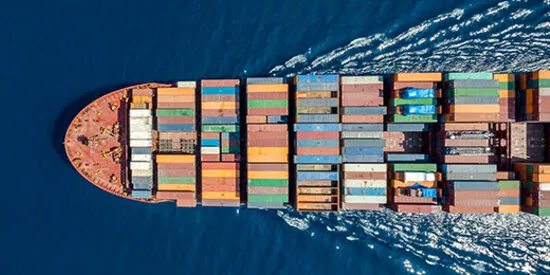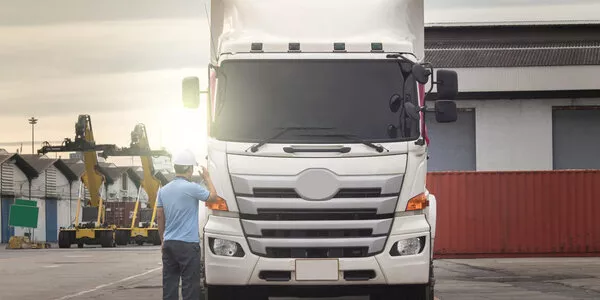
Sustainable Aviation Fuel: crucial for helping reducing aviation’s carbon emissions
Sustainable Aviation Fuel (SAF) can be produced from renewable sources and has the potential to decarbonize aviation without major infrastructure changes. However, the market faces challenges. Societe Generale is actively supporting the emergence of the SAF ecosystem by advising developers on funding and participating in initiatives aimed at promoting renewable fuels in aviation.
By Caroline Quintart, Deputy Head EMEA Energy + Group and Vincent Caufourier, Head of Aviation Advisory & Sustainability.
1) What is SAF and why is it talked about so much?
Despite aviation accounting for only a small percentage of global CO2 emissions1, its emissions are on the rise, particularly as air travel rebounds to pre-COVID levels. Over the next 20 years, global passenger traffic is projected to grow by an average of 3.8% per year2.
The aviation sector is particularly challenging to decarbonize due to limited options for electrification. The primary levers for decarbonization include renewing fleets with new-generation aircraft, optimizing flight routes and designing more efficient aircraft to reduce fuel consumption. However, the most immediate and impactful solution is to increase the production of sustainable aviation fuel, or SAF.
SAF refers to aviation fuels produced from non-fossil sources. It includes biofuels produced from renewable and sustainable carbon-containing feedstocks (e.g. waste oils, agricultural residues, biomass, alcohol) (a.k.a. bio-SAF), as well as synthetic fuels created by converting low-carbon hydrogen (produced through water electrolysis by renewable electricity) into e-kerosene by reacting it with CO2.
The decarbonization of aviation fuel can be achieved without significant modifications to aircraft or airport infrastructure, as most SAF production pathways are certified for blending up to 50% with traditional jet fuel. The International Air Transport Association (IATA), which represents over 80% of global air traffic, estimates that SAF could contribute to approximately 65% of the emissions reduction needed for aviation to achieve net-zero CO2 emissions by 2050.
2) How is the SAF market developing?
In 2024, SAF production volumes doubled to reach 1 million tons (or 1.3 billion liters), yet this still represented only 0.3% of global jet fuel consumption3, falling short of earlier projections.
The market has recently faced challenges due to high economic uncertainty and the capital-intensive nature of SAF production facilities. Project announcements for new SAF plants have decreased by more than half from 2022 to 2023, and fewer than 30% of SAF projects have reached a final investment decision (FID). Consequently, there are uncertainties as to the capacity of the current SAF project pipeline to meet the anticipated demand by 2030, notably when it comes to e-SAF.
Biofuels, benefiting from technological maturity and shorter development timelines, encounter challenges related to feedstock availability, particularly used cooking oils and animal fats. E-Fuels, while promising, are less developed and require additional renewable electricity capacity to achieve ambitious production targets.
The primary barrier to SAF market development is the high production cost, resulting in SAF prices being several times higher than conventional jet fuel. As a result, while some airlines have made voluntary commitments, SAF demand is primarily driven by regulatory mandates, especially in the EU, UK, and China. Other countries, including Japan, Switzerland, India, and the USA, are also setting significant targets. For example, the European Union's ReFuelEU Aviation Regulation aims for a 6% blend share by 2030 and a 20% share by 2035.
The combination of low demand, high prices, and uncertainty regarding the continuity of political mandates and incentives is delaying the long-term purchase commitments essential for projects to secure financing and make final investment decisions.
3) What is Societe Generale doing to support the emergence of the SAF ecosystem and the progressive decarbonization of air transport?
Societe Generale is actively advising both bioSAF and e-SAF developers on equity and debt raising. Notable collaborations include HIF Global LLC, which focuses on large-scale green synthetic eFuels projects, and Nordic Electrofuels, aiming to develop an innovative e-SAF pilot plant in Norway.
Societe Generale is also a participant in the EU Renewable and Low Carbon Fuels Value-Chain Industrial Alliance, which aims to advance the production and supply of renewable and low-carbon fuels in aviation and maritime sectors.
Additionally, Societe Generale has contributed to the Project SkyPower initiative, which outlines four essential building blocks for establishing a viable business case for e-SAF:
(A) Regulatory certainty regarding e-SAF mandates,
(B) Adequate public funding through industry-generated tax or carbon pricing revenues (e.g., via the EU Emissions Trading System),
(C) Long-term offtake agreements,
and (D) Appropriate de-risking measures to mitigate first-of-a-kind project risks.
1/ C. 2.5% in 2023 according to the IEA World Energy Outlook 2024
2/ Source: IATA June 2024 Global Outlook for Air Transport
3/ Source: IATA SAF Outlook and SAF Registry Global Media Day 2024




